The African Rock Python is Africa’s largest snake and one of the strongest snakes in the world. With its powerful body, bold pattern, and quiet hunting style, it is both feared and respected in many parts of Africa. While it’s not venomous, it is a skilled hunter that uses strength and stealth to catch prey.
Scientific classification
- Kingdom: Animalia
- Phylum: Chordata
- Class:Reptilia
- Order: Squamata
- Family: Pythonidae
- Genus:Python
- Species:Python sebae
There are two subspecies:
- Central African Rock Python (Python sebae sebae)
- Southern African Rock Python (Python sebae natalensis)
Common names
- African Rock Python
- Rock Python
- Giant Python
- “Agbada” or “Ejò pupa” in some West African languages
- These names vary across regions but always describe its large size and strength.
Geographic Distribution
The African Rock Python is found in sub-Saharan Africa and lives in a wide range of habitats, including:
- Rainforests
- Savannas
- Rocky areas
- Near rivers and swamps
It is found in countries like Nigeria, Cameroon, Kenya, South Africa, Uganda and more.
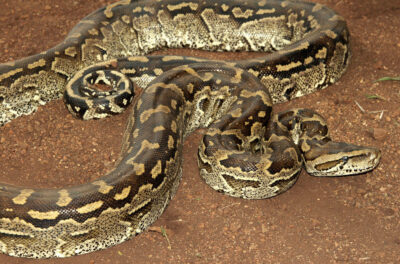
Image Showing African Rock Python coiled on forest floor (Source: Flickr)
Physical characteristics
- This snake is thick-bodied with dark brown and olive patterns shaped like puzzle pieces.
- Its belly is lighter in color.
- The head is triangular, with a dark line running from the nose through the eyes.
- It has no venom but kills by constriction, wrapping its body around prey and squeezing until the prey cannot breathe.
Size:
- Length: Up to 6 meters (20 feet), usually 3–5 meters
- Weight: Can weigh over 90 kg (200 lbs)
Behaviour and hunting style
The African Rock Python is non-venomous, meaning it does not use poison to kill. Instead, it:
- Hunts mostly at night (nocturnal)
- Waits quietly and strikes quickly
- Grabs prey with sharp, curved teeth
- Wraps its body tightly around prey to stop it from breathing
It eats animals like:
- Rodents
- Antelope
- Birds
- Monkeys
- Even crocodiles or goats in rare cases
African rock python vs other pythons
- Compared to Ball Python:Much larger and more aggressive
- Compared to Burmese Python: Similar in size but more muscular
- Compared to Cobra: Not venomous, uses strength instead of poison
- Compared to Boa Constrictor: Different continent; African Rock Python is bigger and more powerful
Fun facts
- It can swim very well and stays near water.
- Young pythons hatch from eggs laid by the female who guards them fiercely.
- It can go months without eating after a big meal.
- Despite their size, they can climb trees to catch prey.
- It has heat-sensing pits that help it detect warm-blooded animals, even in the dark.
Importance to humans
The African Rock Python plays a big role in the ecosystem:
- Controls rodent populations helping farms
- Seen in folklore and culture across many African tribes
- Some people fear it, while others admire its power
However, there can be conflict when pythons enter villages or prey on livestock. This sometimes leads to them being killed out of fear.
Health & common issues
In the wild, pythons are hardy, but in captivity or poor environments, they may face:
- Mouth rot (a bacterial infection)
- Respiratory problems from dirty or cold cages
- Mites and ticks on their skin
- Injuries from handling or fighting with prey
- Poor feeding (malnutrition or overfeeding)
Veterinary Needs:
- Clean, warm environment
- Proper diet (no spoiled meat)
- Gentle handling
- Health check-ups for parasites or infections
Conservation status
The African Rock Python is not yet endangered, but it is protected in many countries due to:
- Illegal hunting for skin and meat
- Loss of habitat due to farming and development
- Fear-based killing in rural communities
Trade of wild pythons is restricted under CITES (Convention on International Trade in Endangered Species).
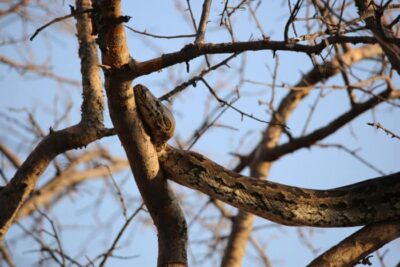
Image showing African Rock Python resting on a tree branch (Source: Africa Freak)
Seen a python in your area or want to learn about exotic reptiles?
📞 Call Doctor Hulk Veterinary Hospital Today! We provide expert help for reptiles, wildlife, and everything in between.





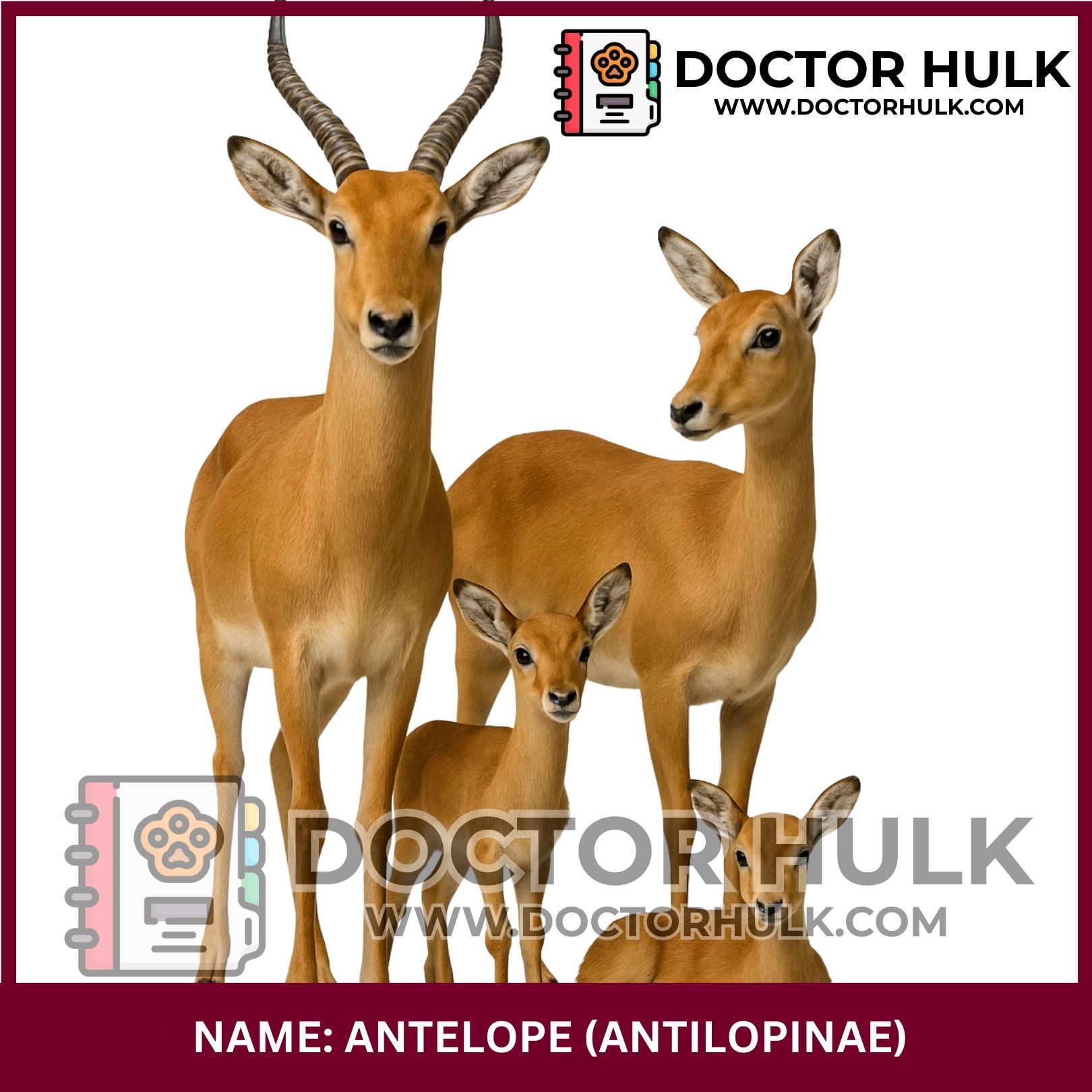
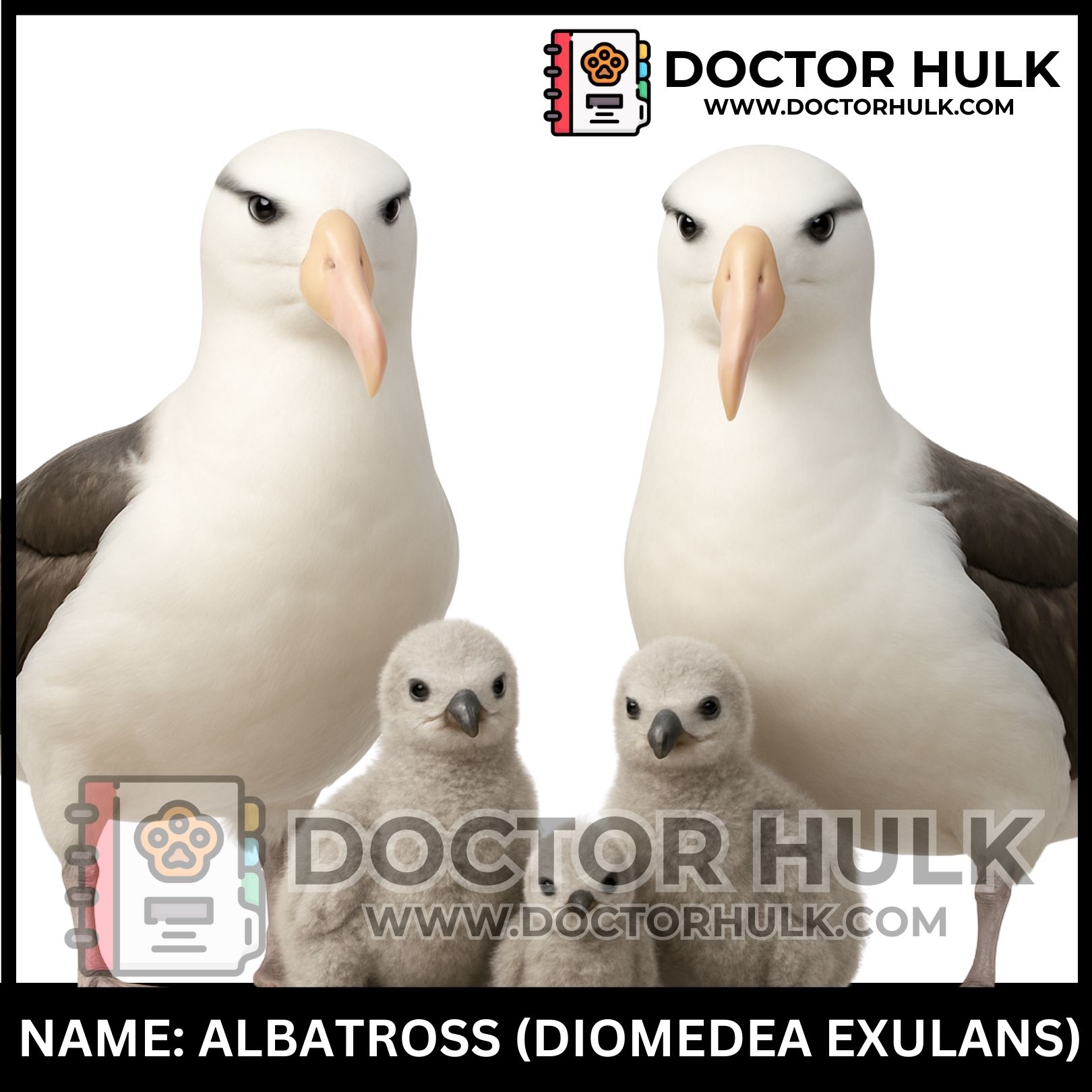
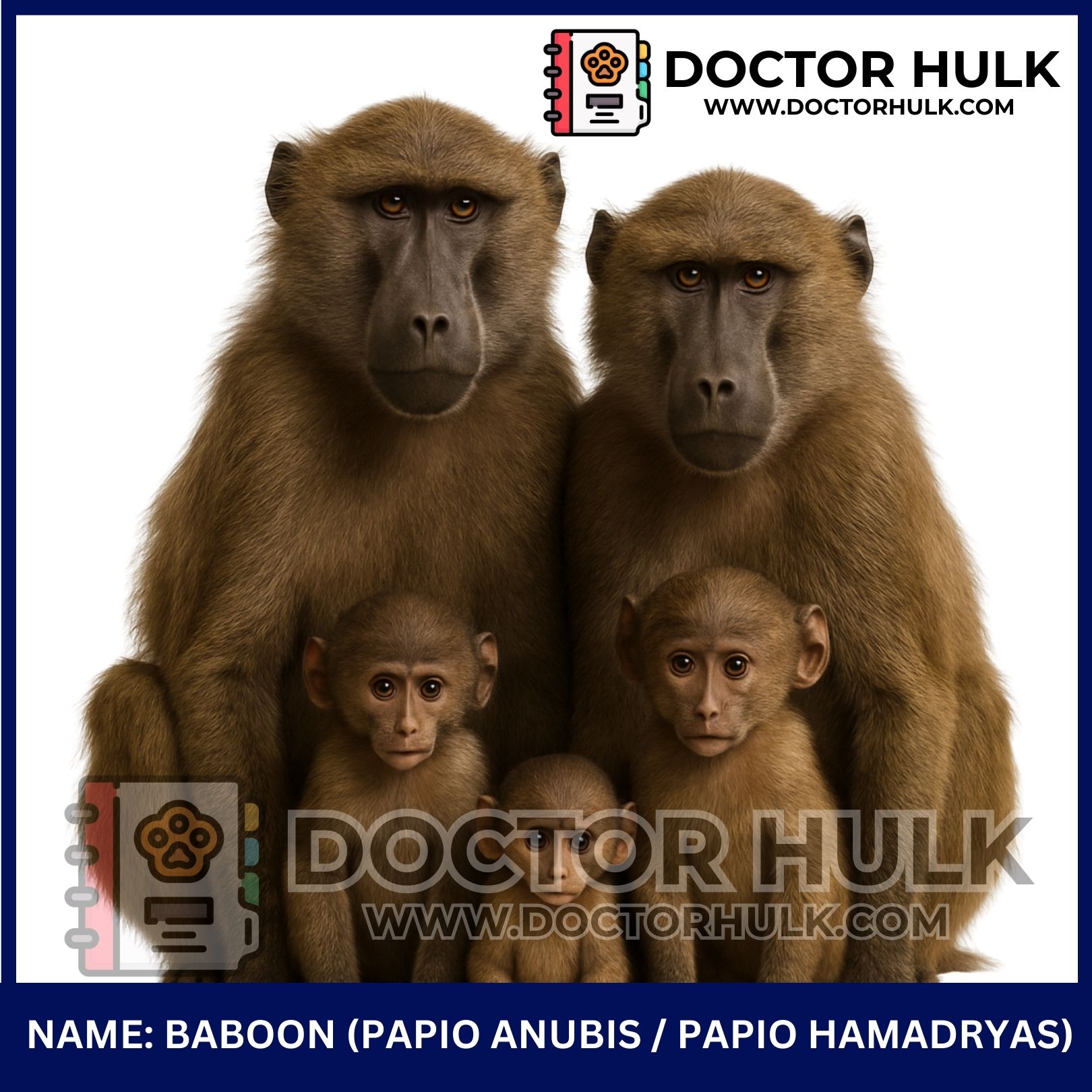
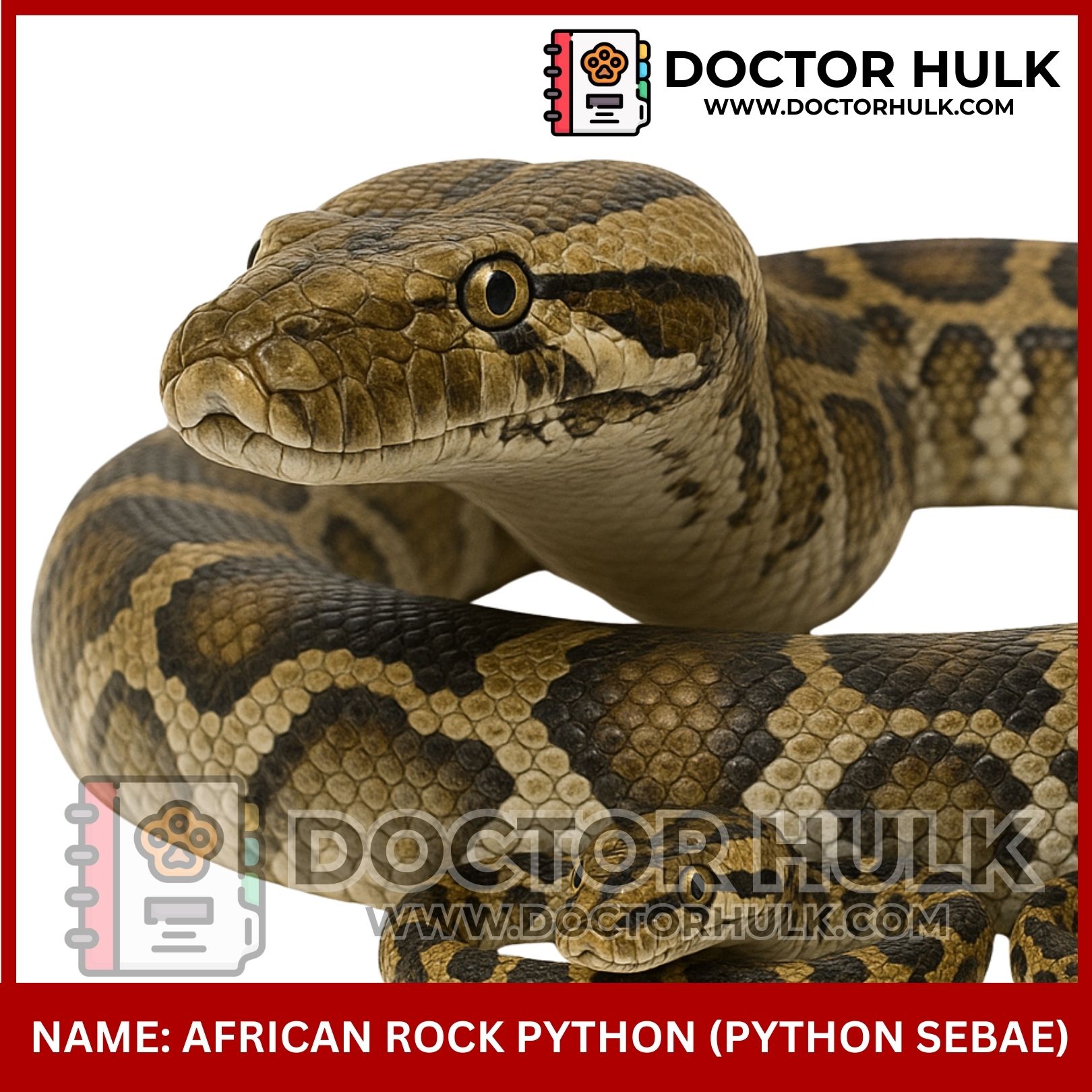
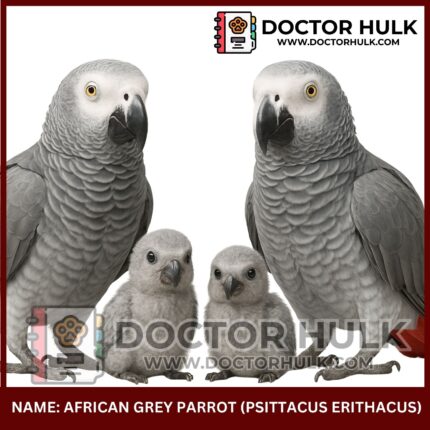



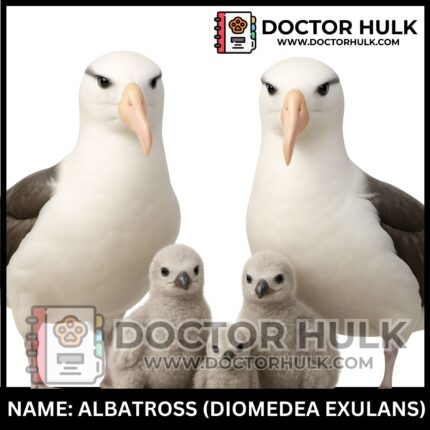

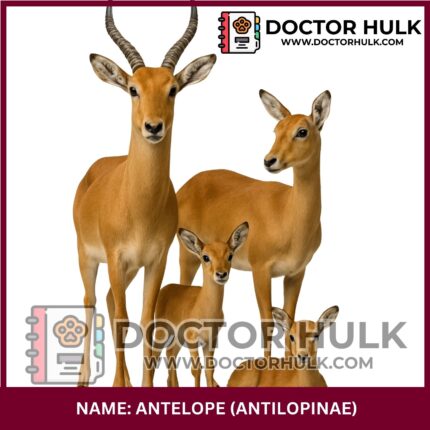

Reviews
There are no reviews yet.